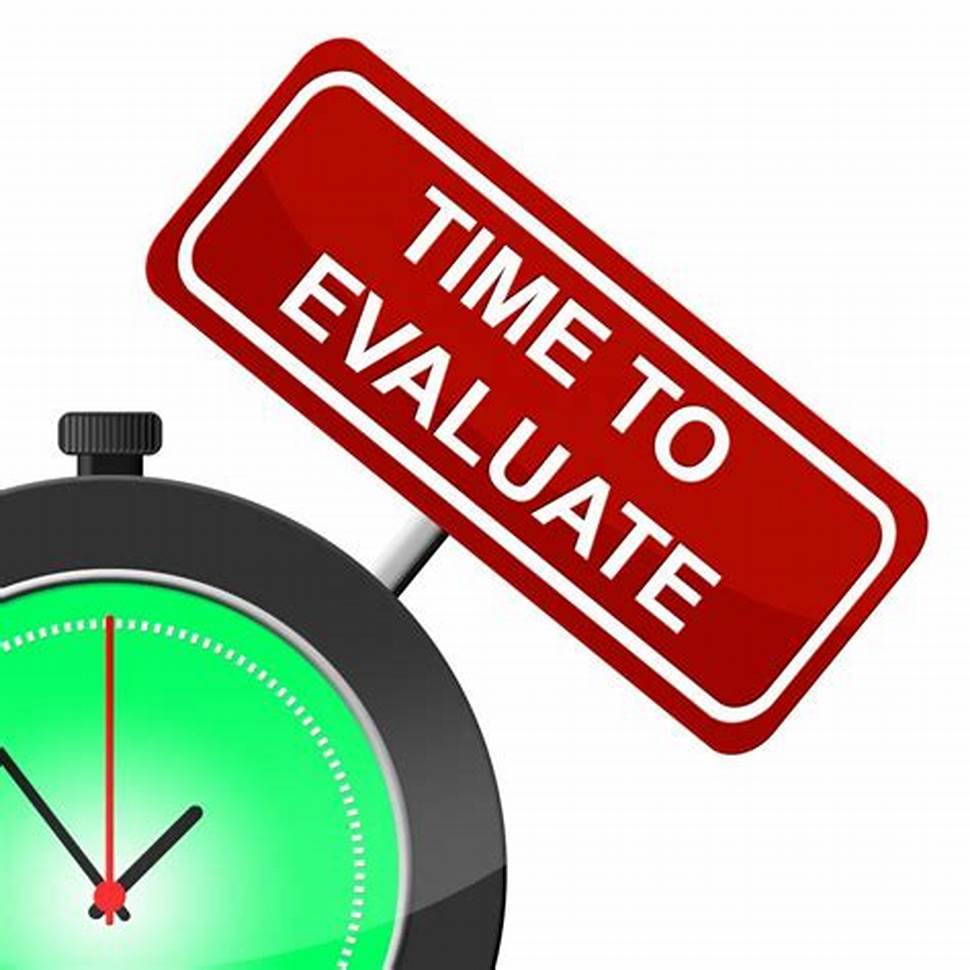The Study of Literary Texts
Aperçu des semaines
-
The Study of Literary Texts is destined for L2 students. It engages with British and American Literatures per semester. It is organised with a set of units and lectures covering different topic.
The Study of Literary Texts has two main purposes; the development of students' knowledge about English literature and the application of literary analysis as method.
-
Module: The Study of Literary Texts
Teacher: Dr. Iman LABIAD
Semester: 01
Target students: L2
Teaching unit: fundamental
Assessment: 50% test, 50% exam
Coefficient : 01
Credit: 02
Global hours: 45 h
Weekly Hours: 1h 30
Availability: Mondays at 1 pm/Staff room
-
-
On this meeting, students are encouraged to communicate with their teacher to build interpersonal relationships and to discuss different topics and questions relevant to the module
-
-
During the course of this first semester, students will learn to:
- Recognize different English literary texts.
- Explore the leading figures of British literature.
- Identify different literary movements.
- Understand cultural concepts and phenomena through their representation in literary texts.
- Apply the method of literary analysis to literary texts which are representative of different literary movements.
- Compose analytical essays of their literary analysis.
-
Students need to have an average level in the criteria below to succeed in this module.
- Mastery of the English Language.
- Moderate Reading and writing skills.
- Knowledge and strategies acquired from S1 to S2.
-
This course has 6 units divided on 2 semesters.
In the first semester, we are doing to learn about the following chapters.
-
The main objectives of this lecture aim to:
- Explain the method of literary analysis.
- Identify the different steps of this method.
- Apply this method to different literary texts.
- Breakdown literary texts into their narrative elements.
- Produce a critical essay.
-
The objectives of studying Romanticism are to:
- Understand this literary and philosophical movement.
- Identify its particular principles.
- Contrast this movement with other literary trends.
- Explore romanticist works and their authors.
- Argue why a literary work is romanticist.

